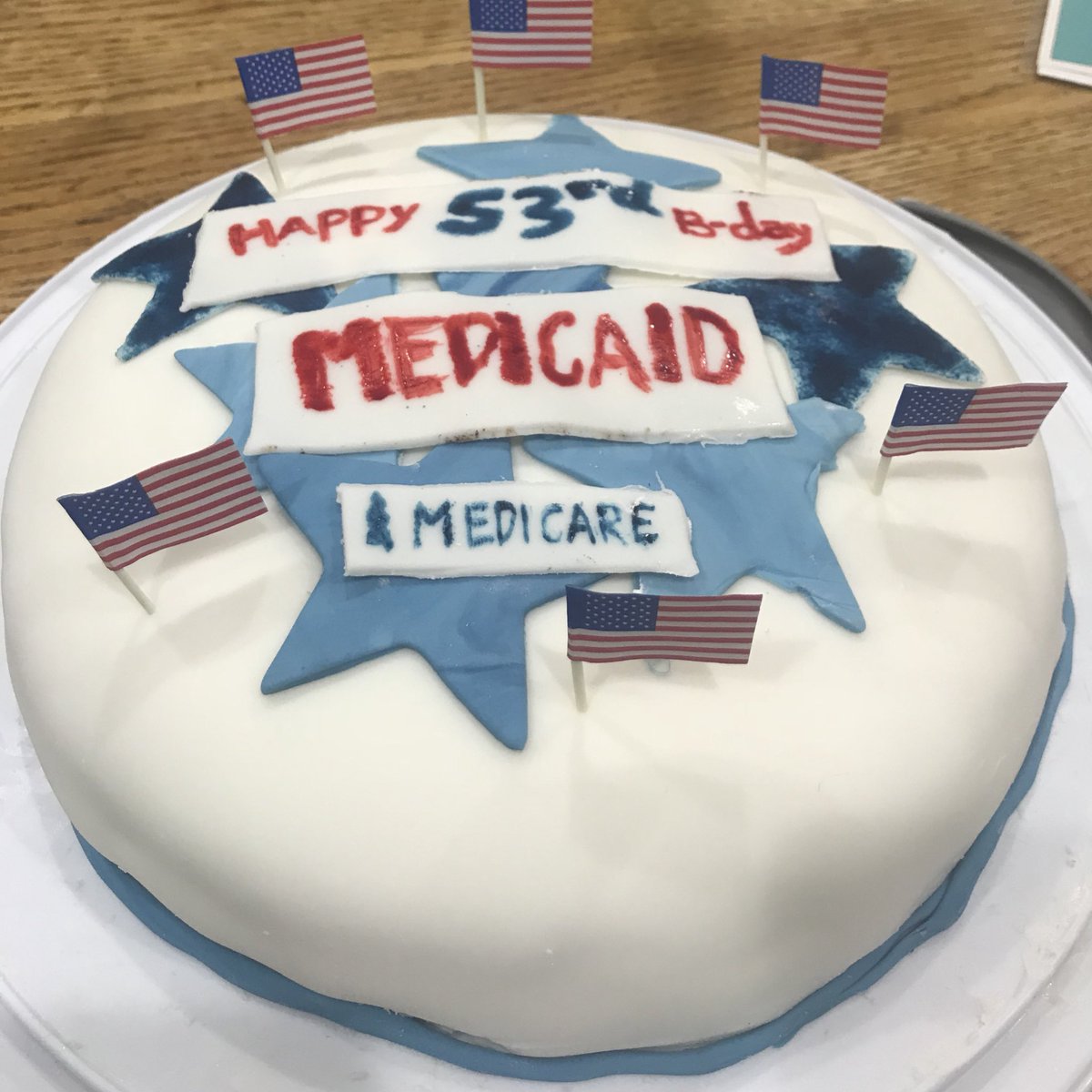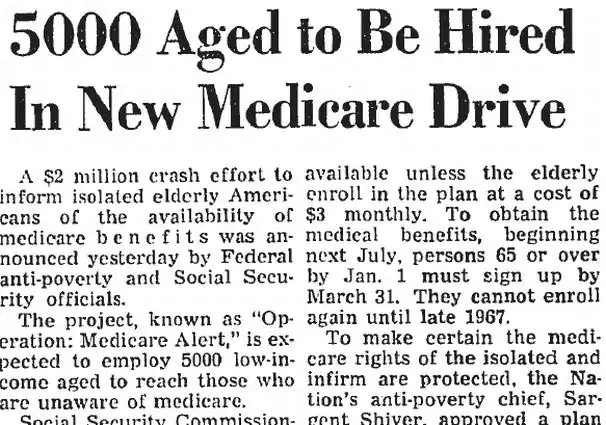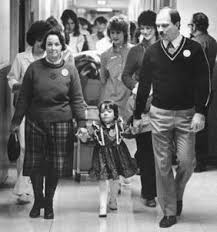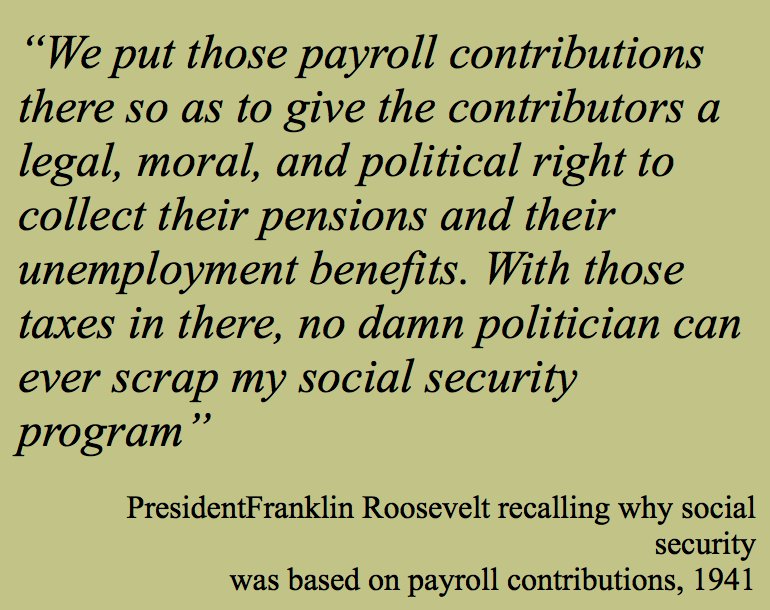1. Argue for the ideological reason to embrace Medicare
2. Explain the law and how it would work
3. Explain the process of passage including bringing in the AMA
4. Emphasize the bipartisanship of passage.

#AmericasGreatestBureaucrat

Also look how adorable he is!



































